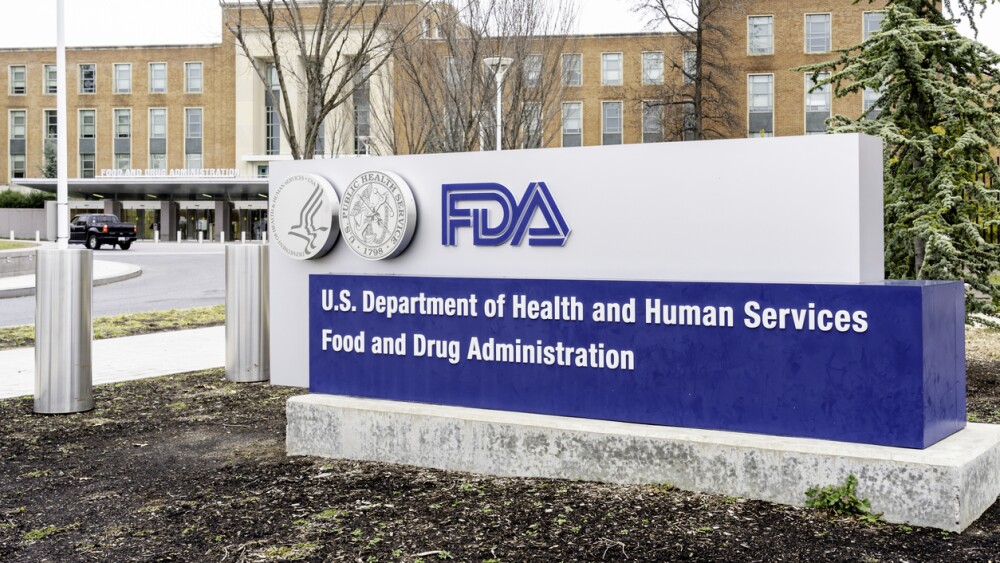New data highlights the need for prior authorization reform to ensure patients’ timely access to medically necessary care.
New data highlights the need for prior authorization reform to ensure patients' timely access to medically necessary care.
WASHINGTON, June 5, 2019 /PRNewswire/ -- A coalition of eight national medical specialties today pledged support for the bipartisan Improving Seniors' Timely Access to Care Act of 2019 (H.R. 3107), legislation that would protect patients from unreasonable Medicare Advantage plan requirements that needlessly delay or deny access to medically necessary care. The legislation is sponsored by Reps. Suzan Delbene, D-Wash., Mike Kelly, R-Pa., Roger Marshall, MD, R-Kan., and Ami Bera, MD, D-Calif.
Currently, Medicare Advantage plans require physicians to obtain advance approval before physicians can provide certain services to their patients. This prior authorization process is intended to control costs by reducing medically unnecessary tests and procedures. Rather than accomplish this goal, many health plans are now widely using prior authorization indiscriminately, creating hurdles and hassles for patients and their physicians that lead to treatment delays that may endanger their health.
The process for obtaining this approval is lengthy, typically requiring physicians or their staff to spend the equivalent of two or more days each week negotiating with insurance companies. This time would better be spent taking care of patients, especially because the vast majority of these requests are ultimately approved.
Physicians report devastating results from the worst prior authorization delays, including blindness, loss of function and tumor growth.
The Improving Seniors' Timely Access to Care Act is based on a consensus statement on prior authorization adopted by leading national organizations representing physicians, hospitals and health plans. The bill would improve the current prior authorization system by requiring the Centers for Medicare & Medicaid Services (CMS) to regulate Medicare Advantage plans on prior authorization's use.
The legislation would also bring greater transparency to the prior authorization process by requiring Medicare Advantage plans to report to CMS on the extent of their use of prior authorization and the rate of approvals or denials by service and/or prescription medication. Over 100 members of Congress called for such reform in a bipartisan letter to CMS last year.
In conjunction with the bill's introduction, the Regulatory Relief Coalition, the group of eight medical specialty societies, released results of a physician survey that details the extent to which abusive prior authorization policies are putting patients at risk and increasing burdens on physician practices.
The survey results include the following:
- An overwhelming number of physicians (87%) report that prior authorization has a significant (40%) or somewhat negative (47%) impact on patients' clinical outcomes.
- A third of physicians (32%) report that their patients often abandon their treatment because of prior authorization.
- Three-quarters of physicians (74%) report that during the past five years, stable patients have been asked to switch medications by their health plan even though there was no medical reason to do so.
- Eighty four percent of physicians report that the burden associated with prior authorization has significantly increased over the past five years, with more than half of all practices subjected to 11 or more requests each week, with many finding these requests exceed 40 per week.
"For more than two years, the Regulatory Relief Coalition made it our responsibility to chip away at barriers that deny our patients timely access to medically necessary care, and the walls enabling prior authorization's abuse are about to come down," said George A. Williams, MD, president of the American Academy of Ophthalmology, one of the coalition's members.
Echoing his sentiments, Ann R. Stroink, MD, chair of the American Association of Neurological Surgeons and Congress of Neurological Surgeons Washington Committee, concluded, "With the Improving Seniors' Timely Access to Care Act, a strong, bipartisan group of elected officials in Congress is saying enough is enough, care delayed is care denied, and America's seniors deserve the care that they expect from the Medicare program."
About the Regulatory Relief Coalition
The Regulatory Relief Coalition is a group of eight national physician specialty organizations advocating for a reduction in Medicare program regulatory burdens to protect patients' timely access to care and allow physicians to spend more time with their patients.
American Academy of Neurology • American Academy of Ophthalmology • American Association of Neurological Surgeons • American College of Cardiology • American College of Rheumatology • American College of Surgeons • American Urological Association • Congress of Neurological Surgeons
SOURCE Regulatory Relief Coalition




